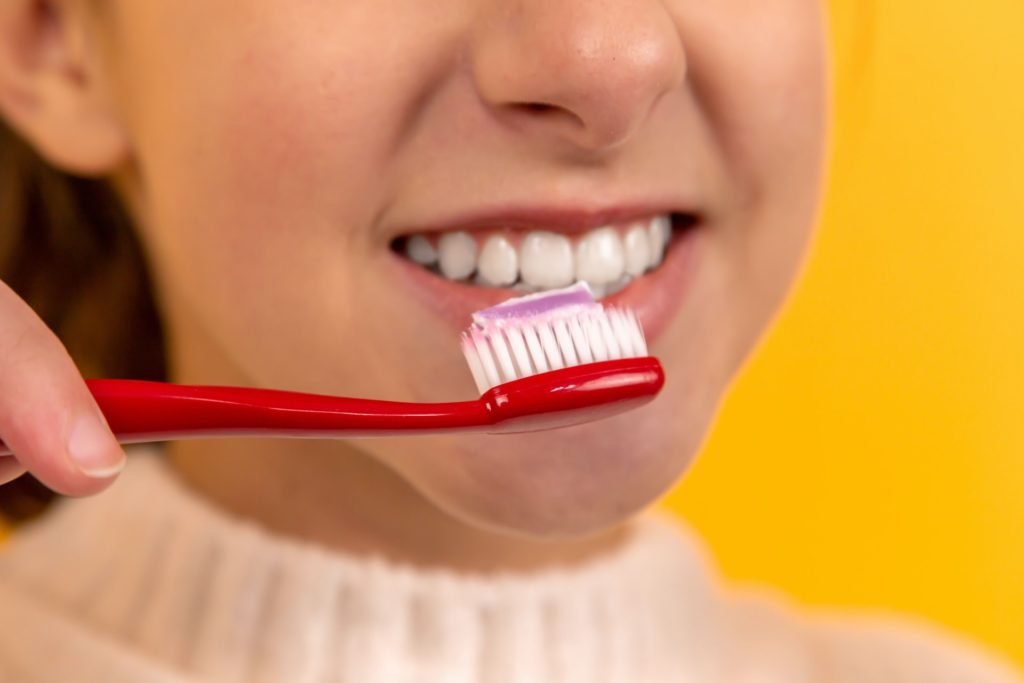For most of us, brushing and taking care of our teeth is a life-long habit that we hardly need to think about.
But are we doing it right? The High Council for Health has just come out with some advice that suggests we may not be and what is worse, we’re teaching our children the wrong habits, too.
The new advice from the High Council principally concerns children and instilling in them the correct habits for a lifetime of dental health. Take the issue of fluoride in toothpaste.
Fluoride is known to be an excellent protection against tooth decay, if used properly. It protects the teeth against the acids produced when eating, from the action of saliva and the content of foods.
Ideally, we should brush our teeth after every meal, using toothpaste with fluoride to combat those acids. But many toothpastes made for children contain far too little fluoride to make much difference; and while the very act of brushing has a hygienic effect, it’s not enough to solve the problem, the High Council advises.
At the same time, too much fluoride can also be too much: a surfeit can lead to a condition known as fluorosis, which causes the teeth to become discoloured. The solution: ask your pharmacist for advice for children, rather than picking something up at the supermarket or, even worse, the street market.
The advice for parents now coming from the High Council is based on research by the European Academy of Paediatric Dentistry. The main points:
- For children under six years, a maximum fluoride content of six parts per million (ppm)
- For children over six, an adult toothpaste with a fluoride content of 1,450 ppm
“At the moment, many children's toothpastes are below a thousand ppm,” said professor of health sciences and member of the High Council Stefaan De Henauw (UGent).
“We are calling on manufacturers to do something about this and to work on clear labels.”
The issue also concerns the amount of toothpaste used on each trip to the washbasin.
Children under two years should be given the equivalent of a grain of rice of toothpaste. Up to the age of six, a piece the size of a pea. Over six, the full length of the brush.
The High Council also advises not to over-rinse, and thereby avoid the need for fluoride supplements.
“The effect of fluoride is local. So you need toothpaste with a sufficiently high fluoride content, but certainly no supplements.”
And if you think you have your tooth-brushing regime – and that of your children – down pat, Prof. Henauw would beg to differ.
“In my forty-year career I have been confronted with the idea that it is best to brush in the morning before breakfast rather than after,” he said.
“However, that is bad advice because you spend the rest of the morning walking around with food leftovers in your mouth that lead to bacteria, acids and therefore tooth decay.”

